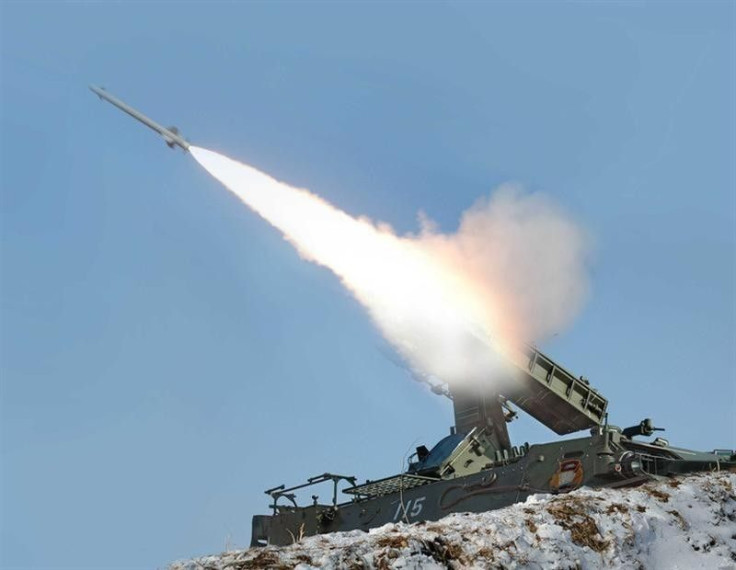UK Develops Cold Feet On US Air Raid Plan in Syria

The proposed US raids in Syria elicited a lukewarm response from the U.K. Britain also expressed surprise over the media reports that U.K agreed to join the air raids against the Islamic State (ISIS) fighters in Syria.
No US Request Yet
The Guardian reported Downing Street denying any request from Washington to join the air strikes. Though U.K did not rule out joining the air strikes, it had been soft pedaling the matter as it was not keen to get into a bombing campaign.
Britain maintains that its focus has been on helping Iraqis and Kurds to fight ISIS by providing assistance by way of surveillance and equipment. There is no immediate focus on air strikes and it is not on the table, the report said, quoting a senior government official.
Britain was part of the humanitarian operations on Mount Sinjar in Iraq and had deployed its Tornado fast jets and spy planes to gather tactical intelligence.
Prime Minister David Cameron committed that Britain and European partners would arm Kurdish forces to fight ISIS. But he was non-commital on air strikes and categorically ruled out the use of ground troops.
A report in the New York Times had cited unnamed US officials saying that Britain and Australia will be joining their air campaign against ISIS forces in Iraq and Syria.
Obama Coalition
Meanwhile, the U.S. president Barack Obama started the process of putting together a coalition of allies in the region to overcome Syria's moderate opposition in providing a back up for the possible U.S. military operations.
The U.S. is counting upon the support of Australia, Britain, Saudi Arabia, Qatar, UAE, Turkey and Jordan.
Clarity Absent
Meanwhile, the Daily Beast reported that ISIS's murder of American photojournalist James Foley put pressure on the U.S.administration for an urgent drive to hasten action against the Islamic extremists in Syria.
But the plans for a strike are far from complete. The report said high-level meetings including the Principals' Committee and other top officials struggled to come up with answers to the basic questions about the potential strikes.
The issues included a lack of clarity regarding reliable intelligence on ISIS targets in Syria and how the administration can manage the action diplomatically and politically.





















